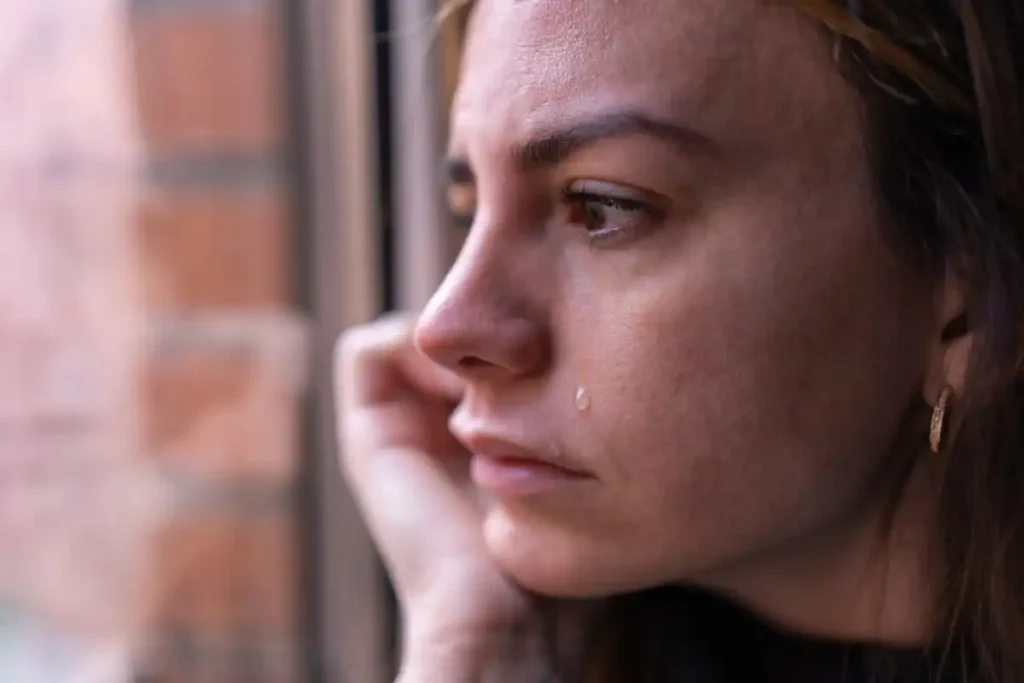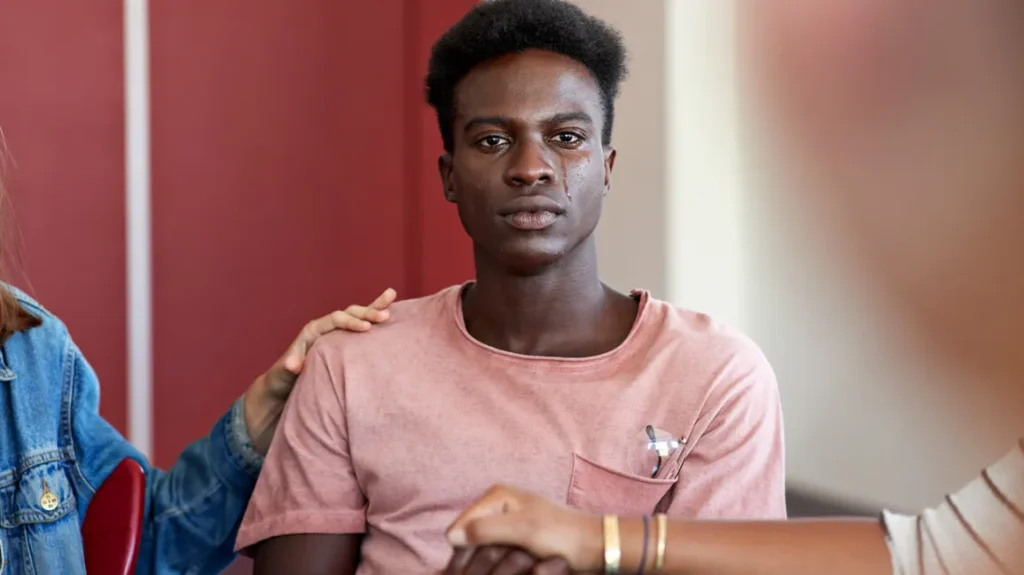Have you ever heard someone say, “Stop crying those crocodile tears”? It sounds strange, doesn’t it? After all, why would tears from a crocodile be any different from those of a human? But the phrase “crocodile tears” has a very interesting story behind it. Let’s dive into the world of these mysterious tears and find out what they really mean.

The Origin of “Crocodile Tears”
The phrase “crocodile tears” has been around for hundreds of years, and it’s used to describe someone who pretends to be sad or sorry but isn’t really feeling that way. But why are crocodiles involved?

The story goes back to ancient times when people believed that crocodiles would cry while eating their prey. This idea came from an old myth that these massive reptiles would shed tears to show fake sympathy for the animals they were devouring. So, over time, “crocodile tears” became a way to talk about someone who is insincere—someone who pretends to be upset but actually isn’t.
Do Crocodiles Really Cry?
You might be wondering, do crocodiles actually cry? The answer is yes, but not for the reasons you might think. Crocodiles do produce tears, but not because they are sad. These tears come from their lachrymal glands, which are a part of their eyes.

Crocodile tears serve to keep their eyes clean and moist, especially when they are out of water for long periods. When they eat, especially large prey, they might gulp down air which can force the lachrymal glands to release tears. However, these tears are not a sign of emotion, as crocodiles don’t have the ability to feel sadness or regret like humans do.
The Use of the Phrase Today
Nowadays, when someone talks about “crocodile tears,” they are usually referring to a person who is pretending to be sad to get something they want or to avoid getting into trouble. For example, imagine a student who didn’t do their homework. If they start crying in front of the teacher, saying they feel terrible about it, but deep down they are not sorry at all, those would be crocodile tears.

It’s also common in movies and books to see characters using crocodile tears to deceive others. These fake tears can make others believe they are truly sorry or upset when they are just pretending. So, the next time you hear someone say, “Don’t shed crocodile tears,” you’ll know they are talking about someone who is not being honest with their emotions.
Why Do People Pretend to Cry?
You might wonder why anyone would pretend to cry. There can be a few reasons for this:
- To Get Sympathy: Sometimes people want others to feel sorry for them, so they pretend to be sad. This can help them get out of trouble or gain attention.

- To Manipulate Others: By pretending to cry, people might try to control others’ feelings or actions. They might want to make someone else feel guilty or convince them to do something.
- To Avoid Punishment: Just like in the example of the student, pretending to cry might help someone avoid getting into trouble. If they seem upset, others might go easy on them.
Recognising Real vs. Fake Tears
It’s not always easy to tell if someone is crying real tears or crocodile tears. However, there are a few clues that can help you figure it out:
- Body Language: If someone’s body language doesn’t match their tears, they might be faking it. Real sadness usually shows in more than just tears; their whole body may seem down or tense.

- Context: Consider the situation. Are they crying in a moment where they might gain something from it? This could be a hint that the tears aren’t genuine.

- Consistency: If someone often cries when they need something or to get out of trouble, it might be a sign that they are using crocodile tears.

The Importance of Genuine Emotions
While the idea of crocodile tears might seem amusing, it’s important to understand the value of genuine emotions. Being honest about how you feel helps build trust with others. It’s okay to feel sad, happy, or even regretful—these are all natural emotions. Pretending to feel something you don’t, however, can hurt relationships and make it hard for others to trust you.
Conclusion
So, the next time you hear someone mention “crocodile tears,” you’ll know they are talking about fake or insincere tears. While crocodiles do produce tears, they do not do it because they are sad. The phrase reminds us of the importance of being genuine and honest with our emotions. After all, true feelings are what help us connect with others in meaningful ways.
For more interesting articles, please visit www.kidzherald.com





